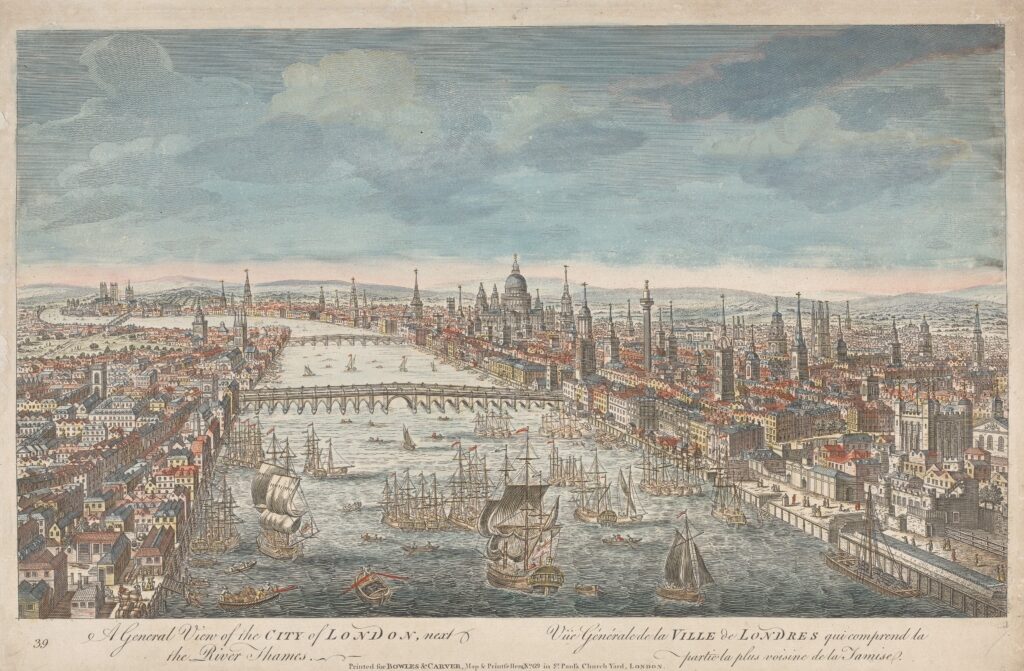
My latest novel, The Shipwright, is set in 1800 London and Philadelphia. It tells the intertwined stories of Declan Fitzpatrick, an Irish-American shipwright, and Caroline Fairbanks, a lovely young woman from a small village in Oxfordshire. When Declan intervenes in a violent quarrel involving Caroline at a society party, he becomes her reluctant protector, and that changes their futures in a way neither could ever have imagined.
Why did I choose to write a novel set in the late 18th century? Why that specific historical period? Why have I gravitated to to it?
The answer is simple: I’ve long been fascinated by the history of the last decades of the 18th century. It was a time filled with conflict over the political and social systems people were going to live under—including the establishment of the American republic and the debate over the Peculiar Institution of chattel slavery; the revolution in France and the Continental war in its aftermath; the failed Rising of 1798 in Ireland against British rule; and the emerging resistance in India and China to English imperial ambitions .
For a novelist, the time period offers an ideal backdrop for the more personal struggles of my fictional characters.
Recognizing the historical richness, I’ve set three novels at the turn of the 18th century: The Republic of Virtue; The Boston Trader; and The Northwest Country. All of them, including The Shipwright, touch upon themes of independence, liberty, and autonomy—both political and individual.
At the same time, I would never want to sacrifice storytelling to thematic interests. One of the challenges in writing historical fiction is balancing narrative and historical reality. Too much story and the history gets lost; too many historical facts and the story can drag. I’d like to think that, for the most part, I’ve achieved that balance in The Shipwright—but, in the end, that’s for my readers to say.